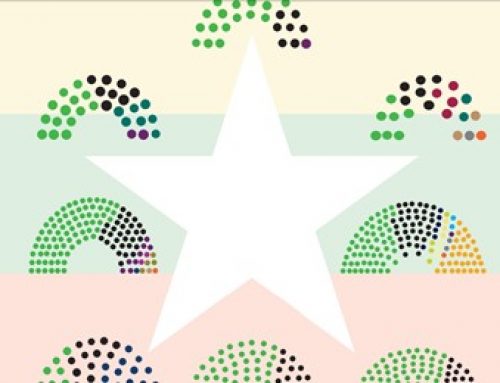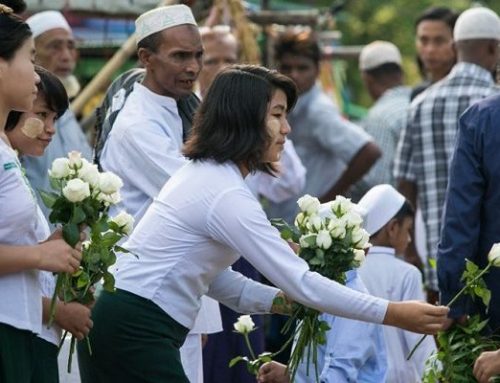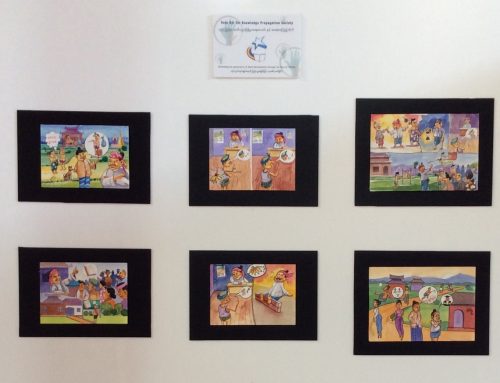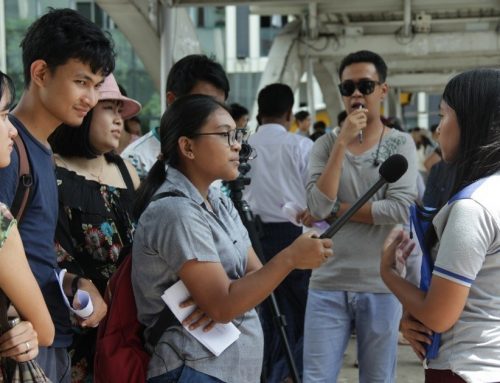Professor Nasir Uddin
This research is led by Professor Nasir Uddin, an anthropologist at the University of Chittagong, and began in 2018; he and his team seek to answer the question ‘Who are the Rohingya?’ The Rohingya, an ethno-linguistic and religious minority, have been living in Arakan (now Rakhine) state in Myanmar for centuries. They received worldwide attention in August 2017 as suspected victims of genocide by the Myanmar military. Myanmar military’s ethnic cleansing forced more than 723,000 Rohingyas to cross the border into Bangladesh, which now hosts an estimated 1million Rohingyas, leaving around 500,000 still in Myanmar.
The Rohingya became stateless when the Citizenship Law (1982) in Myanmar revoked their right to citizenship. Consequently, they are thought of as ‘illegal Bengali migrants’ in Myanmar and as ‘illegal Burmese migrants’ in Bangladesh. ‘I was drawn to this region and topic by the realisation that people can exist and simultaneously not exist. That their identity is something they have no rights over, and that this spills over into the way their bodies experience and live in the world’ says Professor Uddin, who has been conducting research on the Rohingya refugees living in Teknaf and Ukhia of Cox’s Bazar for some decades.
Based on archival and ethnographic research, the project situates the un/making of the Rohingya in the shifting historical, political, ethnic, and regional landscape of Myanmar politics. It pays particular attention to the ways in which politicians in both Myanmar and across the border in Bangladesh have characterised the Rohingya and the implications of this on their survival. But it also goes beyond state-level discourses and cultures of representation to examine the position of the Rohingya as citizens and displaced people through the lens of international frameworks on human rights and refugees.
Nasir and his team are consulting and analysing the archival records of the British Colonial era in the United Kingdom relating to the early history of Burma, Arakan, and the Rohingyas; as well as training and guiding fieldworkers to conduct research amongst Rohingyas in Ukhia and Teknaf, two border sub-districts of Bangladesh. The fieldwork team comprises a former Myanmar-based Rohingya social activist who campaigned for better living conditions for those living in Rakhine state, and who was forced to flee to Bangladesh where he works towards the repatriation of Rohingyas; and researchers, equally split between men and women, in order to better access gendered experiences of displacement amongst the refugees; as well as a documentary crew focusing on producing a short film about the project to be disseminated at film festivals in the future.
Professor Uddin, explains: ‘The aim is not to fix the Rohingya in people’s understanding via their cultural attributes and practices, but to explore the dynamics of what I call ‘making the Rohingya’ – and of course, more recently, unmaking them.’ He has given seminars on this topic across the world, including in the UK, the USA, and Australia (details here), and has published research-based opinion pieces as follows:
A film exploring the struggle for existence amongst Rohingya, based on anthropological research by Nasir Uddin
You can follow Nasir on Twitter: @nasiruddincu and learn more about him here.
Note: In November 2019, Gambia filed a lawsuit against Myanmar with the International Court of Justice in respect of its treatment of the country’s Rohingya people. In January 2020, the ICJ issued its judgement, upholding Gambia’s call for provisional measures to protect the Rohingya. Read the judgement here.




